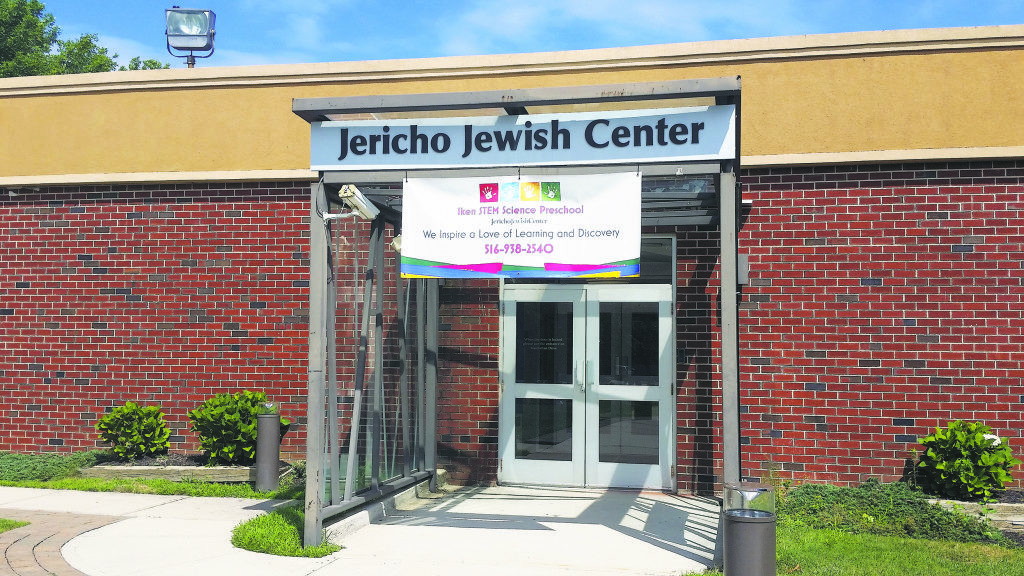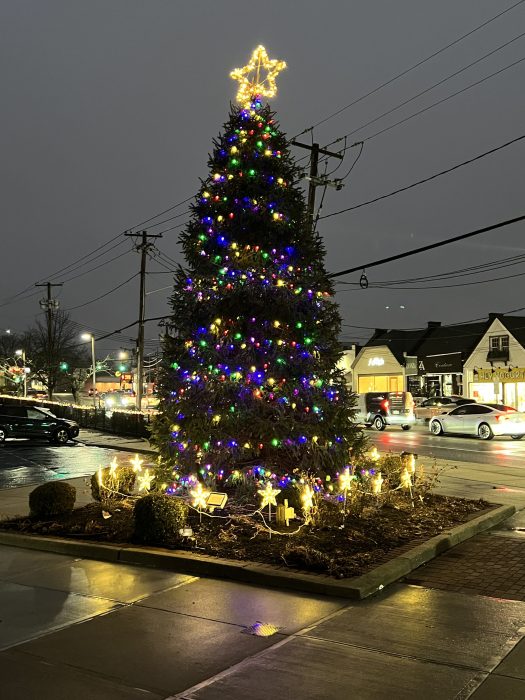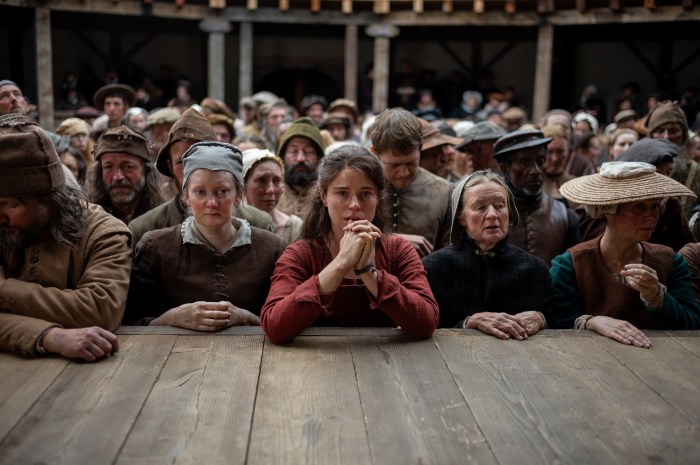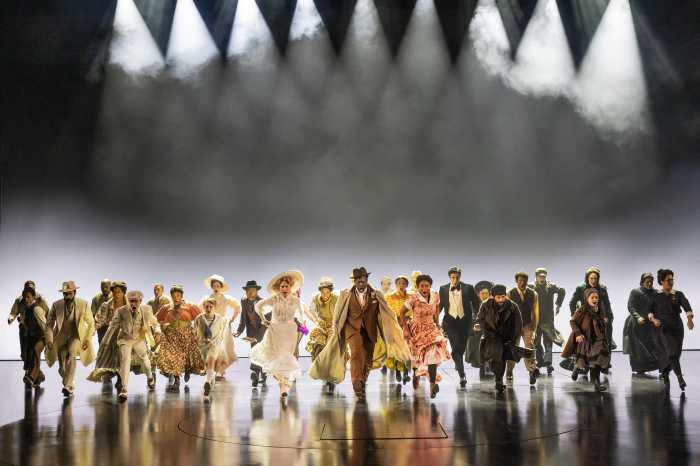Kenneth Cohen hired to fill empty position
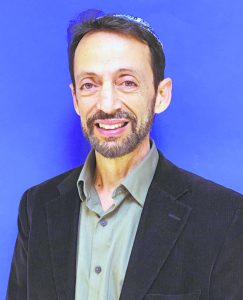
When Cantor Kenneth Cohen was recently installed as the cantor for the Jericho Jewish Center, it represented a sort of homecoming for him. Having grown up in East Meadow, Cohen has spent most of the past few decades indulging his muse for music through the halls of academia before embarking on a pathway to becoming a cantor in the late 1980s. Up until that point, he had earned a BA in music with a specialty in baroque performance at the University of California Santa Cruz before heading further west to study ethnomusicology at the University of Hawaii. It was here where Cohen wound up immersing himself deeper in his faith.
“One of the great things at the University of Hawaii was that they had musicians and music directors from the various traditions from around the Pacific and Asia. So I became familiar with these various traditions. Part of the work was interviewing in a kind of ethnological way as an ethnologist, so I got to ask people about their relationship to the music of their culture and learned a lot from them and what kind of questions to ask,” he recalled. “In the process, I realized that my own tradition attracted me more at a deeper and different level. So just about the time I was starting to think that way, one of the rabbis in Honolulu asked me if I’d like to be a cantor. He attended a lecture of mine where he heard me sing and said I should be a cantor and that I was starting next month. That was in 1989.”
Cohen embarked on this spiritual excursion at Temple Beth-El of Honolulu, where he was invited to serve as Hawaii’s first year-round cantor and where he began his formal Judaic studies. His experiences found him traveling around the islands and periodically returning to the West Coast mainland. He was eventually received as a member of the Cantors Assembly in 2006. It’s a time he felt very fortunate to have experienced.
“I worked at the Temple Emmanuel for eight and a half years and then I gravitated more to being with the United Synagogue affiliate, Congregation Sof Ma’arav there in Honolulu. From there, I found some private funding to put together a program of going around to the various islands and being with them on Shabbat and the weekends,” he said. “I was very lucky to have some very good teachers. We had a rabbi who was a member of the Rabbinical Assembly who had retired and was a scholar in residence at that Temple Emmanuel and he gave me the benefit of his knowledge, Also, the United Synagogue affiliate had as its guest cantor every year Dr. Jonathan Webber, who was the head of Jewish Studies at Oxford University. He was an anthropologist and kind of a rabbi without smicha [cantorial ordination] but very knowledgeable. So I spent a couple of weeks with him each year for several years. And then I joined the Cantors Assembly and went to Los Angeles regularly just to have some work done and get ready to audition to become a member of the Cantors Society.”
In returning to the East Coast, Cohen’s biggest adjustment has been to the weather. (“We’ve had some snow, which is kind of a thrill. But it’s also been cold, which is something that I’m not really quite used to and having to think so much about what you have to wear on any given day.”) In the meantime, he’s grateful to be back home and found a place where he can build something within the community from week to week and day to day throughout the seasons while being in one spot to help a congregation with one group of leaders. For the Jericho Jewish Center’s new cantor, it’s a good base from which to work from as he gets to familiarize himself with the lay of the land.
“In general, the role of a hazzan or a cantor is to dispense or share berakhah or blessings, which is not thought of by everybody in the material world that we’re so wrapped up in. So that’s maybe a special position that a cantor tries to remind people of that and to create some inspiration through music and through the inspiration of those texts that may seem out of reach to a lot of individuals. To make these texts more accessible by beautifying them through music, and that’s what I hope to help them do it,” he explained. “I just want to be able to hold on to what’s good—the traditional ways of doing things and bring some new ways that can inspire people and allow the youngsters who come to feel very confident and purposeful in becoming a member of the community. I want to encourage them and give the people who have been here for a long time and are wary of change that think there is a continuity, even in these variations. It’s a tough thing and I think that’s what everybody is up against now.”
What did you think of this article? Share your thoughts with me at dgilderubio@antonmediagroup.com.




